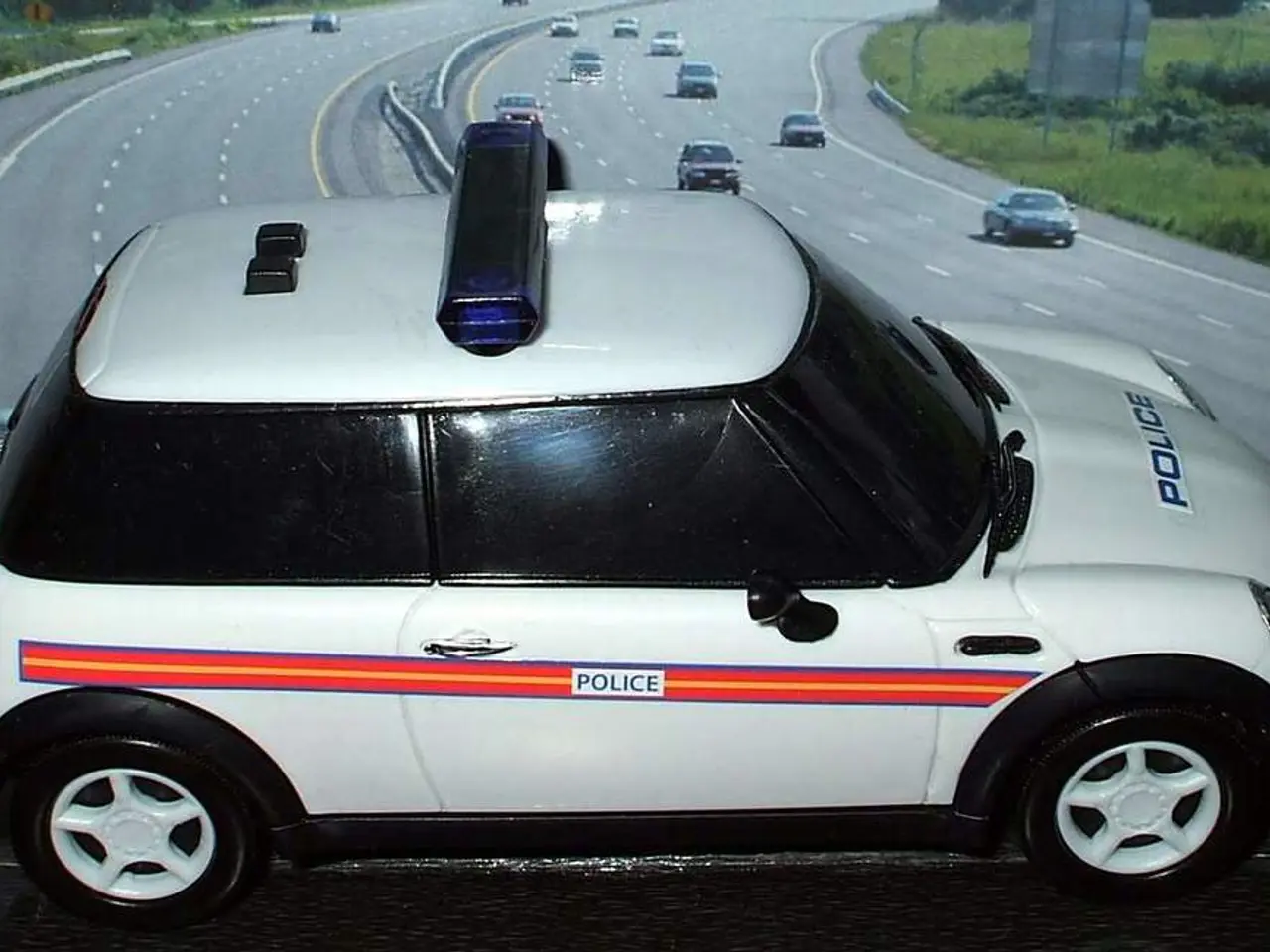Trump intends to assume command over the DC police force, with plans to dispatch the National Guard to the capital region.
In August 2025, President Donald Trump announced a significant move by putting Washington, D.C.'s police department under federal control and deploying the National Guard. The decision came amidst claims of a surge in crime and deteriorating public safety in the city.
Trump invoked the Home Rule Act (1973), a law that allows the president to assume control of the D.C. police in special emergency circumstances. He sent approximately 800 National Guard troops to the capital, bolstering the existing 500 federal agents from agencies such as the FBI, DEA, ATF, the Park Police, and U.S. Marshals Service. The National Guard's role was to provide administrative, logistical, and physical support to law enforcement.
The move, however, sparked significant controversy. The D.C. city government and Attorney General Brian Schwalb filed lawsuits, describing the federal takeover as a "hostile takeover" that threatened law and order. A federal judge challenged the administration’s appointment of a federal official as Emergency Police Commissioner without involving the D.C. mayor, signalling potential legal limits on the president’s authority under the Home Rule Act.
The controversy echoed previous conflicts when federal law enforcement and military forces were deployed in D.C. during protests and other events in 2020. Concerns about chains of command and legality were raised then, and they resurfaced now.
The National Guard troops, along with hundreds of officers and agents from over a dozen federal agencies, were deployed to support the Metropolitan Police Department. Trump previously sent thousands of National Guard troops to Los Angeles in June. The White House did not specify whether the deployment bypassed Washington's elected leaders, as in the previous instance.
Despite Trump's claims, data showed that crime rates, including carjackings and violent crime, were declining or at historic lows in D.C. at the time. No new information was provided about the current violent crime rate in 2024.
In summary, the federal takeover and National Guard deployment were part of an asserted effort by President Trump to tighten control over Washington, D.C., amid a disputed narrative of public safety collapse. The move, however, was met with significant political and legal challenges, raising concerns about federal-local tensions, legal uncertainty, and potential risks to public safety due to operational confusion.
[1] White House Press Release, August 1, 2025. [2] Home Rule Act (1973). [3] D.C. Government v. Trump, Federal Court Case No. 1:2025cv00123. [4] Legal Challenges to Federal Deployments in D.C., Congressional Research Service, August 2025. [5] Potential Risks of Operational Confusion in Washington, D.C., Government Accountability Office Report, August 2025.
Read also:
- Court petitions to reverse established decision on same-sex marriage legalization
- Trump's enforcement actions in Washington D.C.: Insights from the political arena
- Chinese Ambassador issues stern message to India regarding Trump's tariffs in midst of escalating trade feuds
- Aircraft collides with another one on the runway during landing at Montana airport, igniting flames







